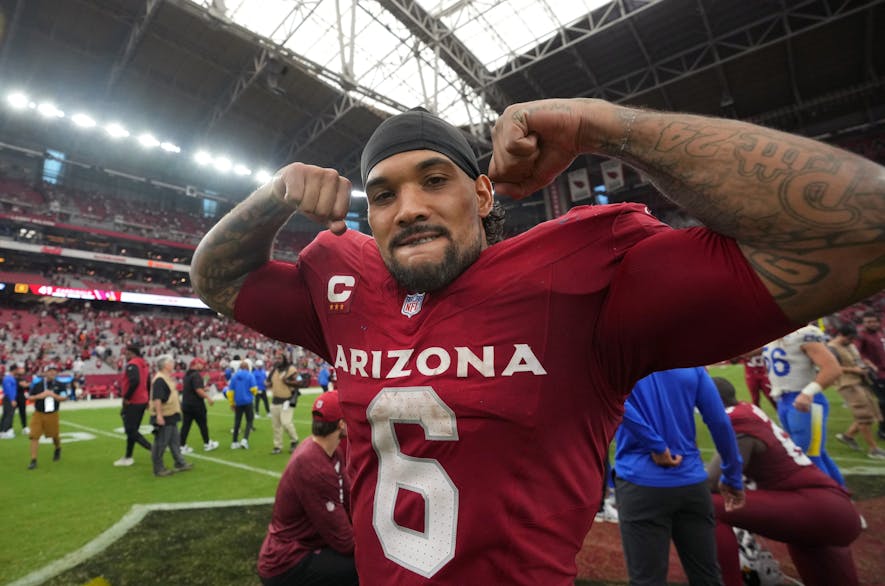There's a lot of strong dynasty analysis out there, especially when compared to five or ten years ago. But most of it is so dang practical-- Player X is undervalued, Player Y's workload is troubling, the market at this position is irrational, and take this specific action to win your league. Dynasty, in Theory is meant as a corrective, offering insights and takeaways into the strategic and structural nature of the game that might not lead to an immediate benefit but which should help us become better players over time.
Trying to Win at the Trade Deadline
The calendar continues to turn in fantasy football, and now we find ourselves deep into trade deadline season. I'm not a fan of trade deadlines in dynasty leagues for many reasons, but I recognize their appeal, and whenever I bring up possibly abolishing them, I always get the same shocked response: without a trade deadline, what is to stop my leaguemates from buying a championship?
I understand the concern, though I don't share it. For starters, if you have a trade deadline, it doesn't stop the "championship-buying", it just shifts it forward a few weeks. More importantly, most of the times I see someone trying to buy a championship, they are doing so in a wildly inefficient manner. I'd certainly be more upset about my leaguemates' attempts to buy a championship if my leaguemates weren't consistently doing it wrong.
So today I wanted to look at buying a championship in dynasty-- both the common (and wrong) way, as well as the uncommon way that actually works fairly consistently.
How to Buy a Championship (the Wrong Way)
The road most people take when attempting to buy a championship is trading assets with little short-term value for assets with more short-term value, regardless of the respective long-term value of each asset. For instance, a future first-round pick has lots of long-term value but very little in the short term. On the other hand, James Conner has lots of short-term value (he's projected as the #13 fantasy RB over the rest of the season), but offers little over a longer horizon (he is 29.6 years old and the Cardinals have already started searching for his eventual replacement in the draft).
If all else is equal, a future first-round pick possesses more total value than James Conner. But if I’m attempting to purchase a championship, I can trade my first for Conner and increase the overall quality of my team with no immediate consequences.
This is a smart strategy except for the tiny little problem that it very rarely works.
We already discussed earlier in the year what a good team's realistic championship odds were (fairly bleak) and how much a single player would impact them (not a ton). As a refresher, let's remember the different ways a win-now trade can end.
The Four Ways Possible Outcomes of a Win-Now Trade
1.) You win the championship / you would have won it without the trade
2.) You win the championship / you would not have won it without the trade
3.) You do not win the championship / you would have won it without the trade
4.) You do not win the championship / you would not have won it without the trade
In Outcome 1 and 4, the win-now trade had no impact on the result of the season. It’s worth noting that these possibilities represent the two most likely outcomes, regardless of your team's strength or the trade being made.
Outcome 2 is the brass ring of win-now trades, the one everyone dreams of when they’re hitting the “accept” button. For the most part, your chances of winding up here might be around 5-10%-- if you're lucky. It would be easy, when analyzing possible outcomes, to merely estimate this possibility and end the analysis there.
Outcome 3, however, is also a real possibility. I have seen teams that won championships that, paradoxically enough, they would not have won if they’d made a win-now trade. A reader sent me my new favorite example last January.
When Championship-Buying Goes Bad
Continue reading this content with a ELITE subscription.
An ELITE subscription is required to access content for Dynasty leagues. If this league is not a Dynasty league, you can edit your leagues here.

